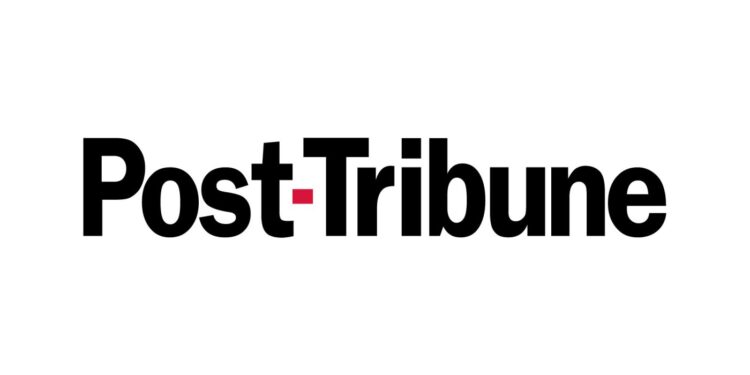Trump admin imposes sanctions against Bank of Yemen for supporting Houthis
The Trump administration announced sanctions against the International Bank of Yemen Y.S.C. (IBY) on Thursday for its financial support of Houthi terrorists.Along with the bank, the U.S. Department of the Treasury’s Office of Foreign Assets Control (OFAC) is sanctioning key leaders of IBY, like its Chairman...
Read moreActor Haley Joel Osment faces alcohol, cocaine charges
Actor Haley Joel Osment was charged with misdemeanor counts of being under the influence of alcohol in public and possession...
Atlanta-area Police Oddly Arrest Paraplegic Atlanta Man for ‘Kicking In’ Woman’s Door and Assaulting Her Then Stand By After He Falls From Wheelchair
A metro Atlanta police department arrested a paraplegic man confined to a wheelchair after a woman with a history of...
8 arrested in large-scale raid on Southern California gang
Eight members of the Newhall 13 Gang were arrested during a large-scale raid operation in Santa Clarita Thursday. The crackdown...
FSU student describes barricading door during shooting
(NewsNation) — Florida State student Gabriel Santoro was in class Thursday when someone received an alarming notification on their phone....


























 Al Jazeera English | Live
Al Jazeera English | Live






















